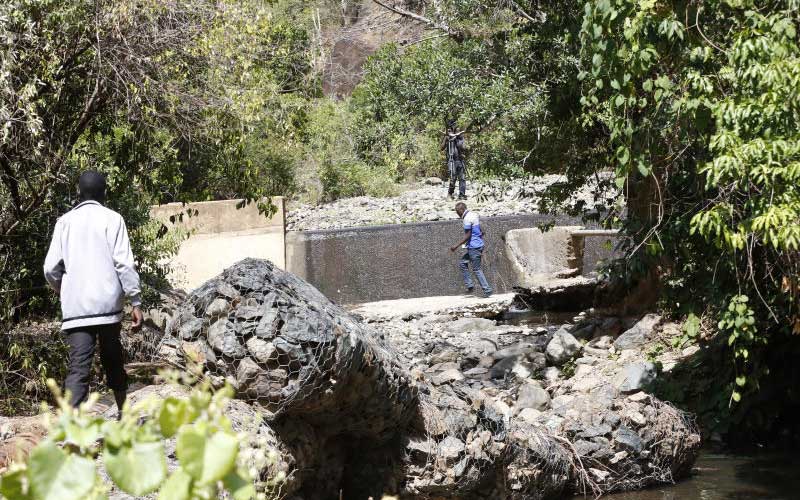×
The Standard e-Paper
Home To Bold Columnists

A stalled irrigation project intended to end a perennial water shortage in Kibinyiri village is about to disappear into distant memory.
It takes some head scratching for Sacho residents to remember the Kapkelelwa Irrigation Scheme along River Kiping’ato that was abandoned five years ago.